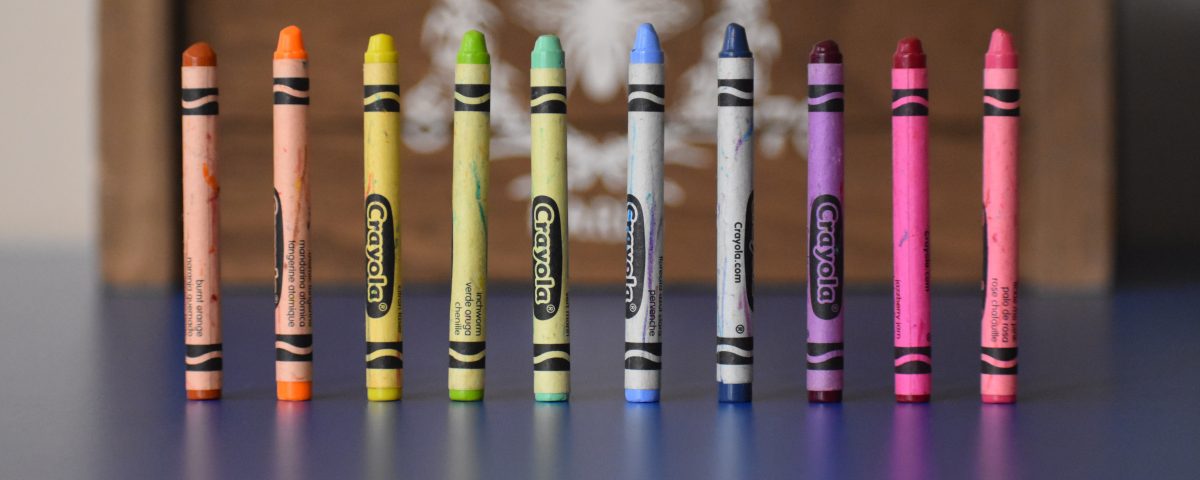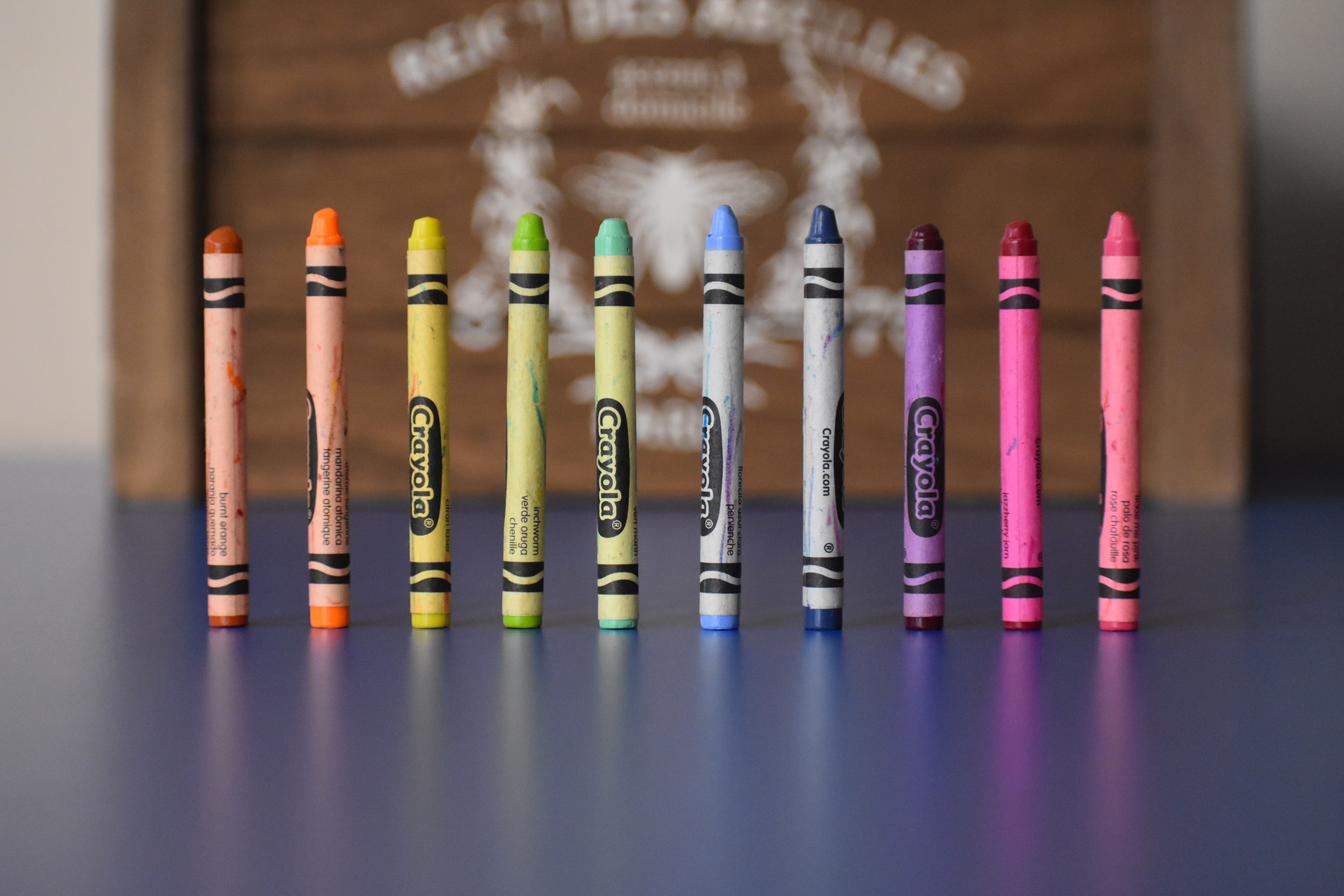Educating teachers for innovative education: Every day is different, every school is different

Teacher educators as committed professionals
March 5, 2020
Supporting Do-It-Yourself video-based teachers’ professional learning
May 12, 2020Educating teachers for innovative education: Every day is different, every school is different


As a 19-year-old girl, I used to work at a bank during summer holidays. For three weeks I was a desk staff member and I helped customers with foreign currencies, to place funds and make cash withdrawals. At that time there were no cash machines yet. The job I experienced was not at all exciting. At the beginning of the day, I knew exactly what was going to happen. I knew which forms I had to hand in at the end of the day to be sent to the head office. It did not take me long to realize I did not have any aspiration to work as a bank employee. Fortunately, I discovered education!
After several years of studying and after obtaining my qualification as a teacher, I started to work as a language teacher at a secondary school. This was rewarding and never boring. Every day seemed to be different and I liked that. When you teach, you never know exactly what will happen. Will the pupils be interested, are they going to like what you have prepared? In teaching there are so many things you can’t predict. Teaching is a dynamic process which stimulates my creativity. I observed pupils carefully while teaching and I asked them to give me feedback about my teaching. My colleagues and I often had discussions about teaching and education. We were convinced that we could continuously improve our ways of teaching and we created time for reflection. In doing so, we gained more insight about how to innovate our education, our teaching practice and teaching materials.
In 1999 I started to work as a teacher educator at Vrije Universiteit Amsterdam. I ask my students to try out new teaching and learning formats during their lessons. I ask them to reflect on their learning and teaching experiences so that they innovate their lessons too. We want our students to develop an open attitude towards innovation. In his article with the significant title ‘Education reform is a verb’ (my translation), Geert Kelchtermans postulates: ‘Teacher educators face the task of preparing their students for the tension between change and stability that typifies the educational field’ (Kelchtermans, 2018, p.7) (my translation). He defines education reform as ‘the process of purposefully changing educational learning and teaching practices or the conditions that determine their design, with the intention of improving the education and personal development of the pupils or students involved.’ (Kelchtermans, 2018, p.7) (my translation). This definition does not give any information about the content of the changes, but clearly expresses the intention.
Innovation not only takes place at micro level, in the classroom, but also at school level. Schools take new directions in order to try and solve problems they experience and meet challenges they face: pupils who are not motivated, opportunity inequality, a society that asks for 21st century skills such as critical and creative thinking, problem solving, collaborating skills. In The Netherlands over the last twenty years, we perceive an increase in schools that change their educational concept in order to meet the demands of time. During their teaching career, teachers will experience innovation in the classroom, at school and at national level. The urgency to innovate is deeply rooted in education and this is, of course, inspiring for many teachers. It is important to introduce student teachers to this deeply rooted desire for innovation and to let them find out how they relate to this feature of education themselves.
This is one of the reasons why, together with colleagues and training school NOA, I have designed a course called ‘Innovative Education’. During the course, student teachers interview headmasters and teacher educators from schools with an innovative educational concept, about the what, how, why and what for of the new educational concept. They try to identify and analyse the existing practices and ideas behind the chosen concept. The student teachers also twice visit a school with a contemporary (Kunskapsskolan) or traditional (Dalton, Montessori) innovative educational concept. During their visit they observe teaching practices and talk to pupils and teachers. They realise that changes take place at many levels: content, didactics, organization and assessment.
By teaching this course, it became clear to me how important it is for student teachers to get in touch with educational innovation in the classroom and at school level.
In many respects the role of a teacher working at a school with a new educational concept, is the same as in regular education, but there are important differences. The teachers are also coaches, they have to develop teaching materials together with colleagues and they have to organize cross-curricular activities. At many of these schools, pupils are given the opportunity to take classes at different levels and to choose when and how they are going to be tested. The teachers coach them in making decisions. For the student teachers it was interesting to see that education can take shape in many ways and that it is possible to give pupils more responsibility for their learning process. They told me: ‘Wow! The motivated pupil exists! I saw him!’ Some of them found out that they preferred working at a school starting from a Dalton or Montessori concept.
By teaching this course, it became clear to me how important it is for student teachers to get in touch with educational innovation in the classroom and at school level. They gain a much deeper understanding and vision on teaching (who do I want to be as a teacher) and it promotes the development of their own teacher identity (vgl. Kools, 2019; Schellings, Van der Want & Mommers, 2019). It gives them a realistic picture of the work field and they experience how innovation is deeply rooted in education. Every day is different in education and every school is different too! I am inspired to make a few adaptations to our curriculum, to make sure that we educate teachers not only for regular schools, but also for innovative schools with a new educational concept.
References
Geerdink, G., & Buijs, E. (2019). Wat kenmerkt leraren in vernieuwingsscholen zoals ACT? Tijdschrift voor lerarenopleiders, 40(3), 157-171Kelchtermans, G. (2018). Onderwijsvernieuwing is een werkwoord. Opleiden voor geëngageerde vernieuwingspraktijken. Tijdschrift voor Lerarenopleiders, 39(4), 7-22.
Kools, Q. (2019). Op verkenning in eigentijds onderwijs: input voor opleiders. Tijdschrift voor Lerarenopleiders, 40(4), 333-340.
Pottier, S., & Simpelare, E. (2019). Teach as you preach: Stimuleren van een innovatieve en differentiërende houding bij toekomstige leraren lager onderwijs. Tijdschrift voor Lerarenopleiders, 40(4), 325-332.
Schellings, G.L.M., Van der Want, A.C., & Mommers, J. (2019). Identiteitsleren van startende leraren. Pedagogische Studiën, 96, 441-462.




